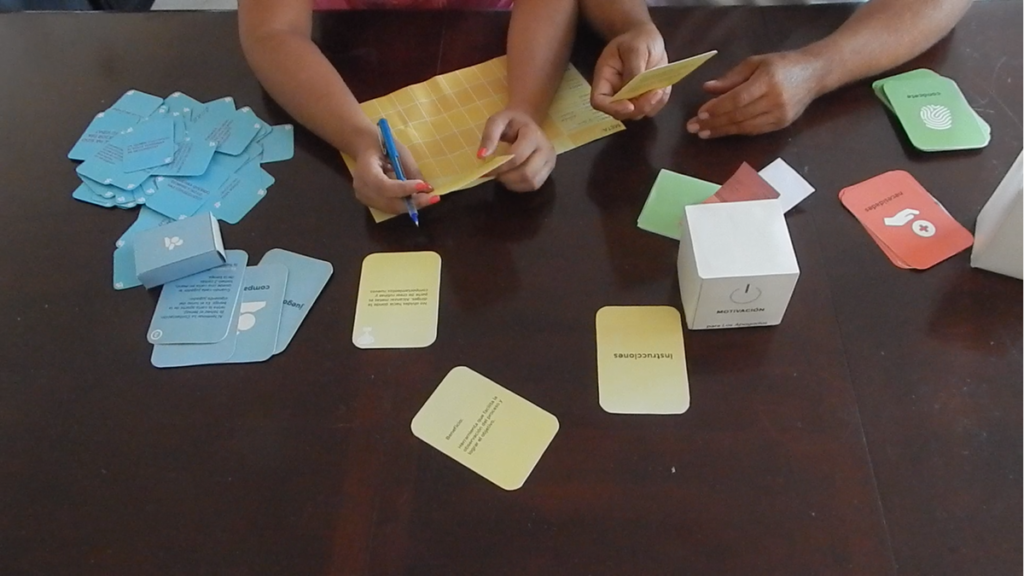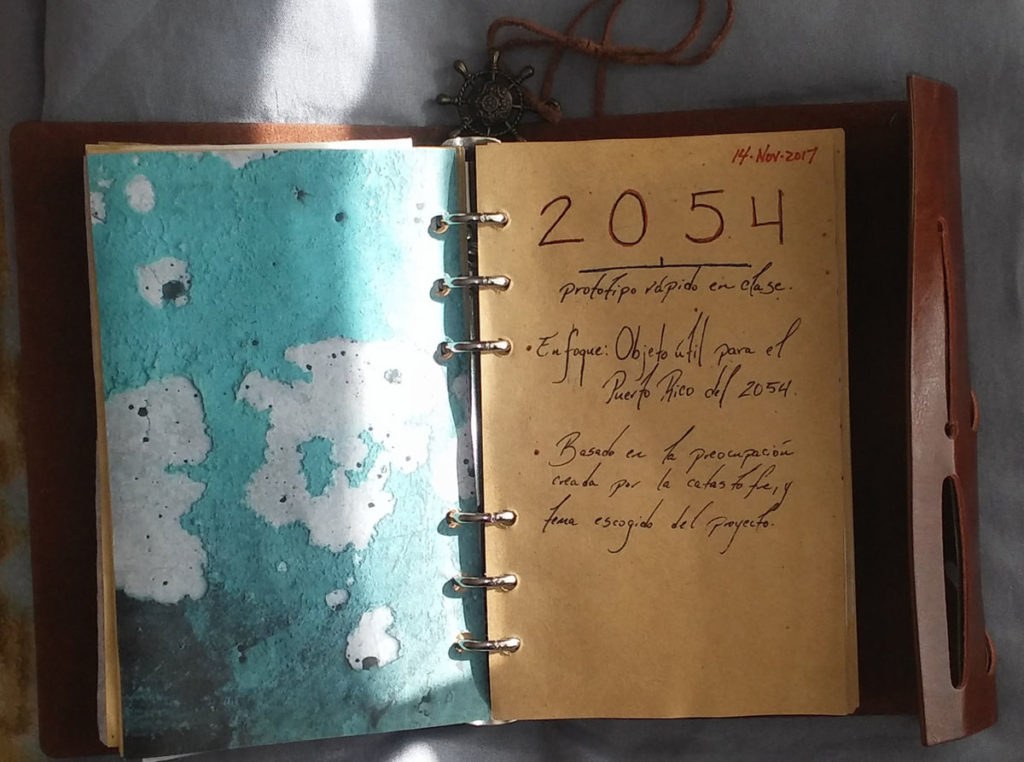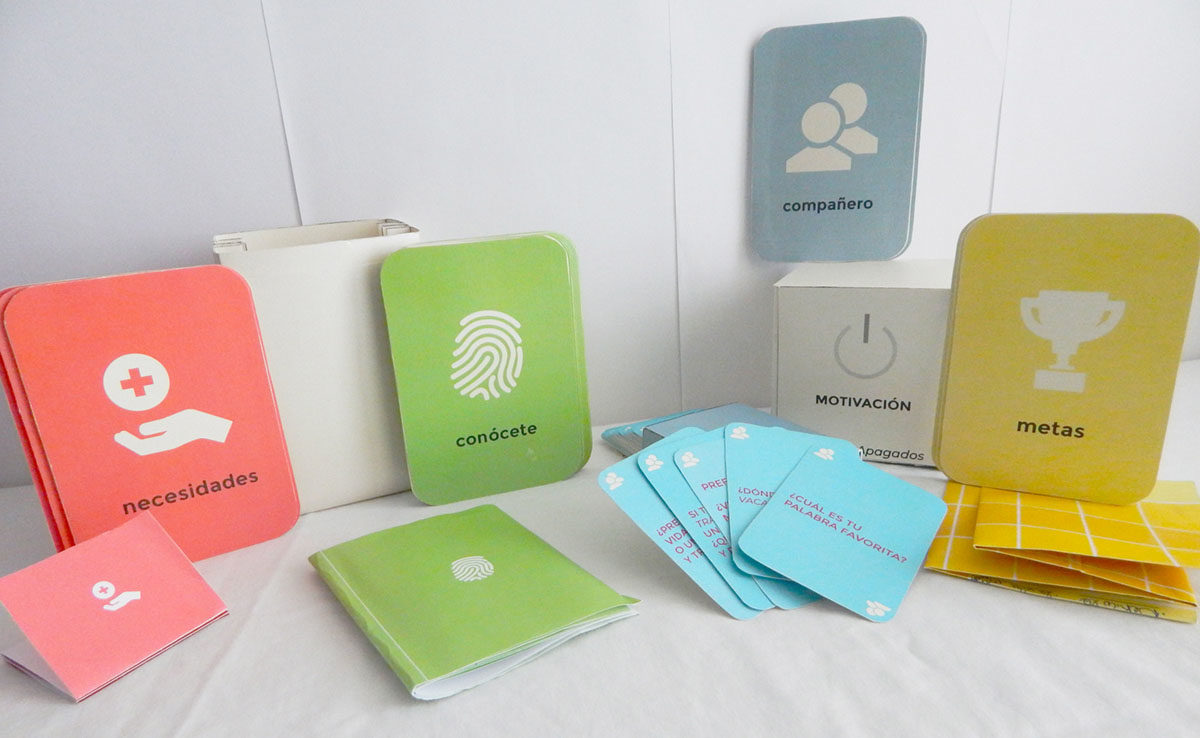Maria Mater O’Neil, Adjunct Professor, Interamerican University, Fajardo Campus & University of Puerto Rico (Rio Piedras and Carolina Campus)
Lesley Ann Noel, Professor of Practice in Design Thinking, Tulane University
This article describes the conversation and process between two Caribbean design educators, one from Puerto Rico, and one from Trinidad and Tobago, as they co-developed an appropriate design class for students who were experiencing a catastrophic event. The curriculum built on a design curriculum, developed by the latter for children in a rural village in the English-speaking Caribbean that focussed on promoting equity and empowerment through reflections and critical discussions by the participants. The curriculum was adapted by the former, using her resilience thinking toolbox with her undergraduate students in Puerto Rico in the wake of Hurricane María. The aim of the curriculum was to help the Puerto Rican communication design students move beyond merely coping with the impact of the natural disaster, to action and thriving through design. Students were led through several design stages that included reflections, critical discussions, brainstorming around future utopian or dystopian scenarios and proposing solutions. The students were expected to focus on a Puerto Rico in the year 2054 as a strategy of resistance visualization. In this paper, the authors describe the four phases of implementation of the curriculum, as well as the reflections of the students and their own reflections on the collaborative process and its significance.

Featured work by students Yamilex Rodriguez Mojica, Adriana Guardiola, Kathia Carrion. The majority of photos should be credited to Yamilex Rodriguez Mojica from the project Apagados. The notebook and photo by the waterfront is is part of her preliminary work. Adriana’s project was a visualization kit for creating small scale models of possible reuse of fallen trees. Kathia’s project was an ‘Emotional regulator’ a folding poster with different lists of hurricane preparedness tasks. It is meant to be used for families and groups, so tasks can be assigned to each member.

Dr. María de Mater O’Neill is the Head Researcher and Creative Director of Rubberband Design Studio, LLP and a Fulbright Specialist Roster candidate. She is the recipient of a Round Four of the Presidential Design’s Federal Design Achievement Award for Catalog Design (United States), and II Iberoamerican Design Biennal’s BID Prize for Exhibition Design (Spain). Her practice-based doctoral research initiative “Developing Methods of Resilience for Design Practice” is a design model intended to improve real-time resilience thinking for designers working under a variety of types of economic and socio-cultural stressors. O’Neill is a cultural producer; last project was research and exhibition of participatory and community design in Puerto Rico. “Listening to their Voices” research was published in Dialectic (2018, Michigan Publishing) and the project won an honorary award from the 15th Biennial of Architecture in Puerto Rico.
Dr. Lesley Anne Noel is Associate Director for Design Thinking for Social Innovation and a Professor of Practice in Design Thinking at the Tayloe Center for Social Innovation and Design Thinking at Tulane University. In 2018–2019 she was a Teaching Fellow / Lecturer at d.school and Center for Ocean Solutions at Stanford University. She has a Bacharelado (equivalent to bachelor’s degree) in Industrial Design from Universidade Federal do Paraná and a Master’s degree in Business Administration from the University of the West Indies. She completed her doctoral studies in Design at North Carolina State University.
Recipient of recognition in the Design Incubation Communication Design Awards 2019.
